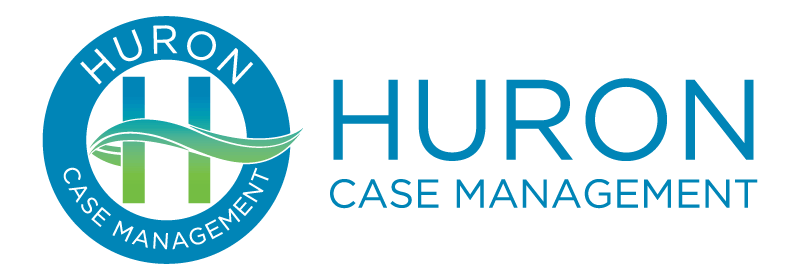Facts You Should Know About Personal Injury Protection in Michigan
If you and your passengers are injured in a vehicle accident, Personal Injury Protection (PIP) insurance covers your lost wages and medical bills. It is optional in many states. Nevertheless, 16 states need you to carry a minimal amount of PIP insurance coverage. Personal Injury Protection in Michigan may extend along with your MedPay or health insurance, but there are times when many policies are suggested.

What is Personal Injury Protection?
PIP is also called no-fault insurance. It pays the recovery expenses and medical bills for you and your passengers after you get injured in an auto accident. Moreover, it expands to instances when you are the passenger in somebody else’s vehicle, or in case you are hit by a vehicle while cycling or walking on the pavement.
PIP insurance and bodily injury liability insurance have many differences. PIP pays for your own costs, whereas liability insurance pays for the medical costs of passengers and drivers in other vehicles when you are responsible for an accident.
What Does a Personal Injury Protection Insurance Cover?
PIP insurance covers important medical processes and affordable expenses associated with recovery as you rehabilitate from an accident. The kinds of expenses covered by PIP vary by states, and may incorporate:
•Hospitalization
•Operations
•Lost wages in case you cannot work
•Constant professional care
•Accidental death advantages and funeral costs
•A few home care costs like house cleaning or childcare in case you cannot meet these responsibilities yourself
Do You Require PIP In Case You Have Health Insurance?
In case you stay in one of the sixteen states where personal injury protection is needed, you should file a claim under that policy before turning to health insurance. However, even if it is not needed in your state, PIP provides lots of advantages that you will not receive from a health insurance policy like funeral expenses and lost wages.
Some states like Michigan and New Jersey have a setup so that your PIP coverage will work in combination with your health insurance policy. For instance, in case you get injured in an auto accident in Michigan, your health insurance policy may cover the physical injuries whereas your PIP would cover extra financial losses like lost wages when you were hospitalized.
How PIP Associates with No-Fault Insurance
As earlier mentioned, PIP is often known as no-fault insurance. The name refers to states with no-fault laws like Michigan, Florida, and New York. These laws hinder injured drivers from accusing at-fault drivers after an accident unless their injuries are extreme or their health costs are higher than the minimal need of their state to accuse. No-fault states need minimal amounts of PIP for each driver.
Is There Any Similarity Between Personal Injury Protection and MedPay?
Although MedPay (also known as medical payments coverage) pays for medical costs from crash-associated injuries irrespective of fault, it does not provide the extra financial advantages that personal injury protection in Michigan provides like covering funeral expenses, lost wages, house cleaning, or child care costs.
We, at Huron Case Management, provide case management and personal injury protection in Royal Oak, Michigan. To know more and connect with our experts, contact us at (855) 487-6626 or (855) HURONCM.
